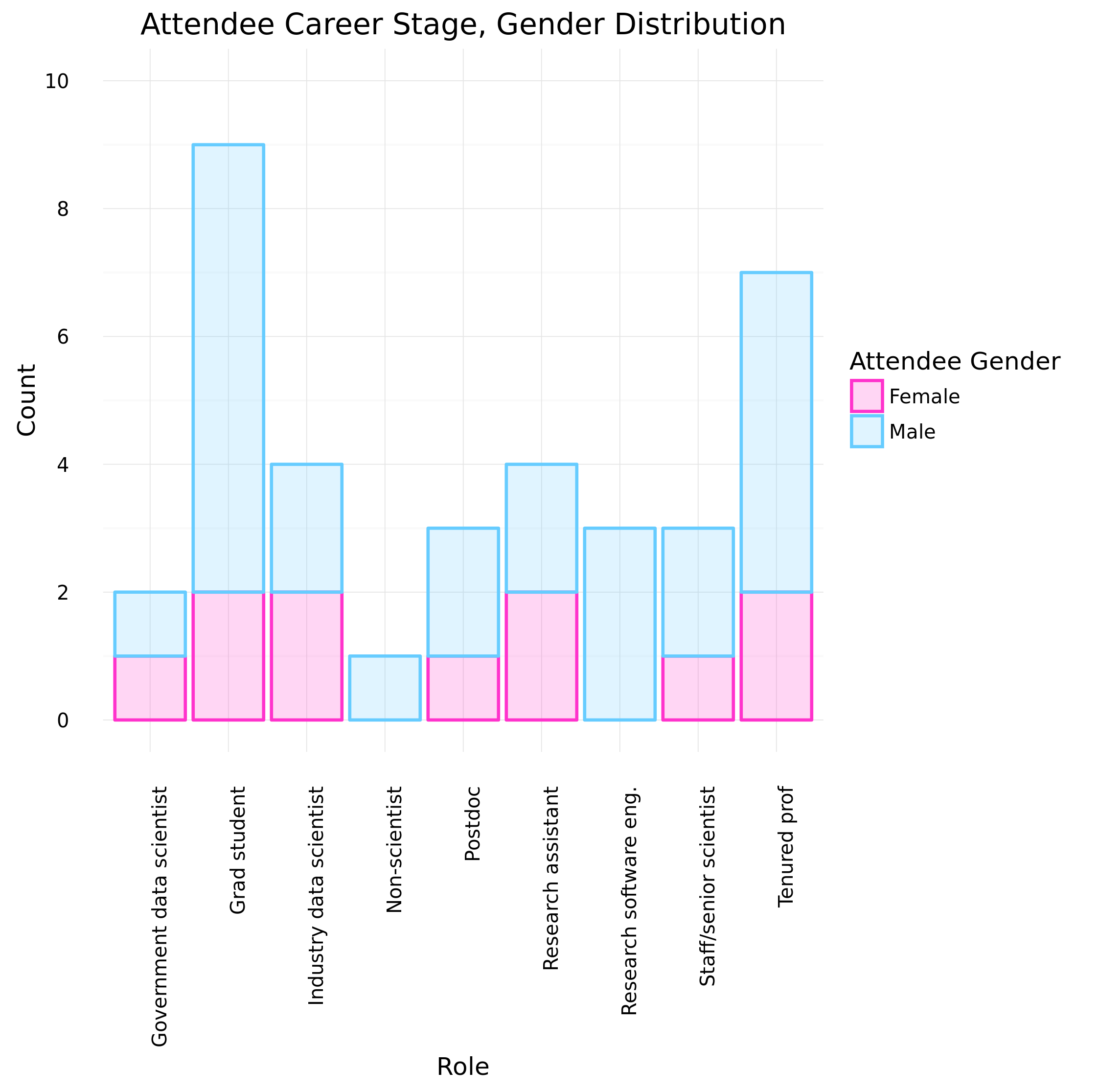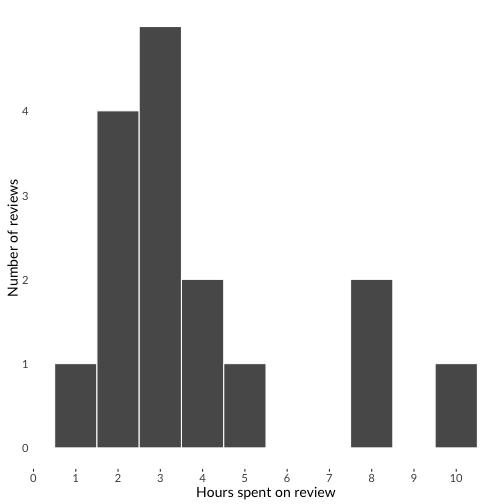
On April 21st and 22nd of 2016, we had 40 members of the R community gather in Brisbane, Australia, with the goal of reproducing the rOpensci Unconference events that have been running with great success in San Francisco since 2014. Like every event organisers ever, we went through the usual crisis: Where will it be? Will anyone actually show up? Is the problem space over venue, date, attendees, catering, sponsors convex?

